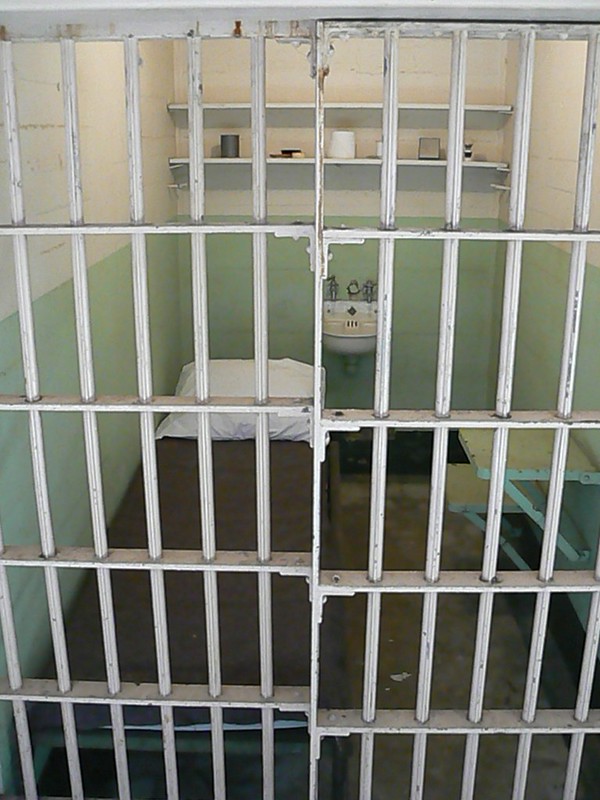
Image credit: “Prison cell with bed” by Tim Pearce, Los Gatos is marked with CC BY 2.0.
The Sentence of Imprisonment for Public Protection (IPP sentence) was introduced under the Criminal Justice Act 2003 to detain people in prison who posed a significant risk of causing harm to the public.
Following criticism of the sentence and its operation, it was reformed in 2008, and subsequently abolished in 2012. In total, 8,711 individuals received an IPP sentence.
As of June 2022, there were 2,926 IPP prisoners, of which 1,492 have never been released and 1,434 have been recalled to custody. 608 prisoners are at least 10 years over their original tariff, 188 of which originally received a tariff of less than two years.
The Government expects the recalled population of IPP prisoners to soon exceed the number who have never been released.
A Justice Committee Report finds that the Ministry of Justice (MoJ)’s action plan for reducing the size of the IPP prison population lacks a clear strategic priority and ownership, as well as operational detail and performance measures. They outline the various challenges prisoners face to progression, including access to mental health services and the availability of course places, as well as raising concern about the transparency surrounding programme evaluations.
There was a finding that the parole process, and the probation service’s involvement in it, to be ineffective and posing a significant barrier to progress for IPP offenders. Having secured release, the authors of the report argue that the Government needs to devote far greater energy to tackling the “recall merry-go-round”, with efforts to successfully integrating IPP prison leavers into society matching the effort made in helping them achieve release.
Finally, the committee recommends a reduction to the qualifying licence period from 10 years to five years as a means of going some way to restoring the proportionality of the sentence.
The primary recommendation is that the Government conducts a resentencing exercise for all IPP-sentenced individuals (except for those who have successfully had their licence terminated).
In attempting to deal comprehensively with this issue, the process for resentencing must be guided by three key principles: (1) balancing protection of the public with justice for the individual offender; (2) recognising and protecting the independence of the judiciary; and (3) ensuring that no harsher sentence is imposed retrospectively.
It remains to be seen what action, if any, the Government will take, but we will carefully monitor developments as they happen and be ready to act on your behalf if we are able to do so.
How can we help?
We ensure we keep up to date with any changes in legislation and case law so that we are always best placed to advise you properly. If you would like to discuss any aspect of your case, please contact any member of our vastly experienced Criminal Defence team, for assistance with any criminal law related matter.
–
Mr John Stokes (John.Stokes@danielwoodman.co.uk),
Miss Sarah Turland (Sarah.Turland@danielwoodman.co.uk),
Mr Anthony Pearce (Anthony.Pearce@danielwoodman.co.uk) or
Mr Daniel Woodman (Daniel.Woodman@danielwoodman.co.uk).









